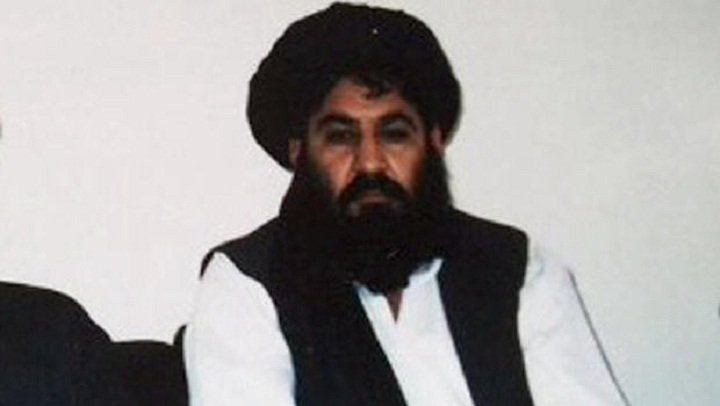In a latest push to resurrect the fledgling Afghan peace process, Pakistan has warned the Taliban to call off their ‘spring offensive’ or face the consequences, officials familiar with the development said on Sunday.
Last week the Taliban announced the start of large-scale attacks against the government strongholds. Named after the late Taliban spiritual leader Mullah Omar, ‘Operation Omari’ is seen as a major setback to efforts seeking revival of the Afghan reconciliation process. A Pakistani official, who spoke on the condition of anonymity, admitted that the Taliban’s move could derail the peace initiative the Quadrilateral Coordination Group (QCG) had launched in December, last year, to seek direct talks between the insurgents and Afghan government officials. The QCG is made up of Pakistan, Afghanistan, China and the United States.
The official said Pakistan had urged the Taliban all along to shun violence and negotiate. “That is why we are utterly disappointed by their announcement regarding the spring offensive,” he said.
The official disclosed that the Taliban leadership has been given a clear message through ‘intermediaries’ that they would have to pay a ‘heavy price’ if they refused to go back to the negotiating table.
In July last year, Pakistan persuaded the Taliban to join the first-ever direct talks with Afghan government officials. However, the contact was suspended due to announcement of Mullah Omer’s death and subsequent rifts within the group.
In March this year, Prime Minister’s Adviser on Foreign Affairs Sartaj Aziz admitted for the first time that the Taliban leadership was present in Pakistan along with their families. Speaking at a think-tank in Washington, Aziz revealed that Pakistan pressured the Taliban to come to the negotiating table by imposing restrictions on their movement and denying some of the facilities they had been enjoying in the country.
However, it is not clear if the latest ‘threat’ would work as some reports suggest many Taliban leaders have already moved out of Pakistan or planned to return to Afghanistan in an effort to avoid any action.
Despite apparent hiccup, Pakistan and other QCG countries have yet not given up efforts to arrange direct talks between Kabul and the Taliban. For this purpose, US Special Representative for Pakistan and Afghanistan Richard Olson recently travelled to Islamabad and held talks with civil and military authorities. The two sides agreed to convene a QCG meeting at the earliest.
The QCG meeting was scheduled to take place after the first round of direct talks slated for the first week of March. However, it could not materialise due to the Taliban’s refusal to engage, and now a QCG meeting is being planned to discuss the latest situation. The official said the meeting would discuss the prospects of resumption of talks as well as likely action in case the Taliban refused to join the process.
The QCG had invited all Taliban factions and other insurgent groups, including the Hizb-e-Islami of Gulbuddin Hekmatyar, who had already given his consent for peace talks. But the QCG believes the peace process cannot achieve the desired outcome if the Taliban stay out. (Tribune)
 Afghanistan Times
Afghanistan Times




